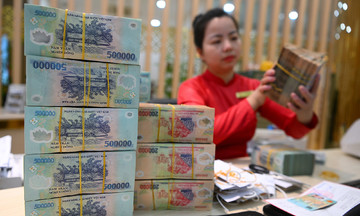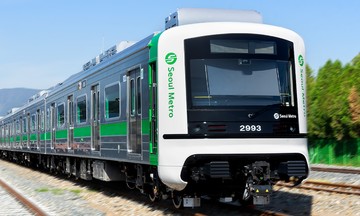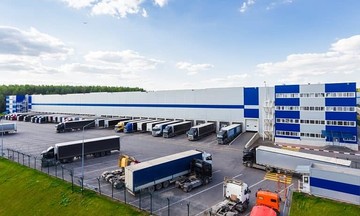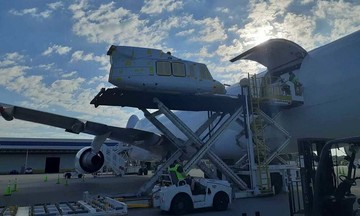On 7/10, the European Commission (EC) proposed adjusting the duty-free steel import quota to 18,3 million tons annually, a 47% reduction from the 2024 level. Concurrently, tariffs on steel exceeding this quota would double to 50%, aligning with rates applied by Canada and the US.
The EC stated that the new quota level is equivalent to the import volume in 2013, the period when overcapacity first emerged. This measure requires approval from member state governments and the European Parliament. Importing businesses will also need to provide proof of steel origin.
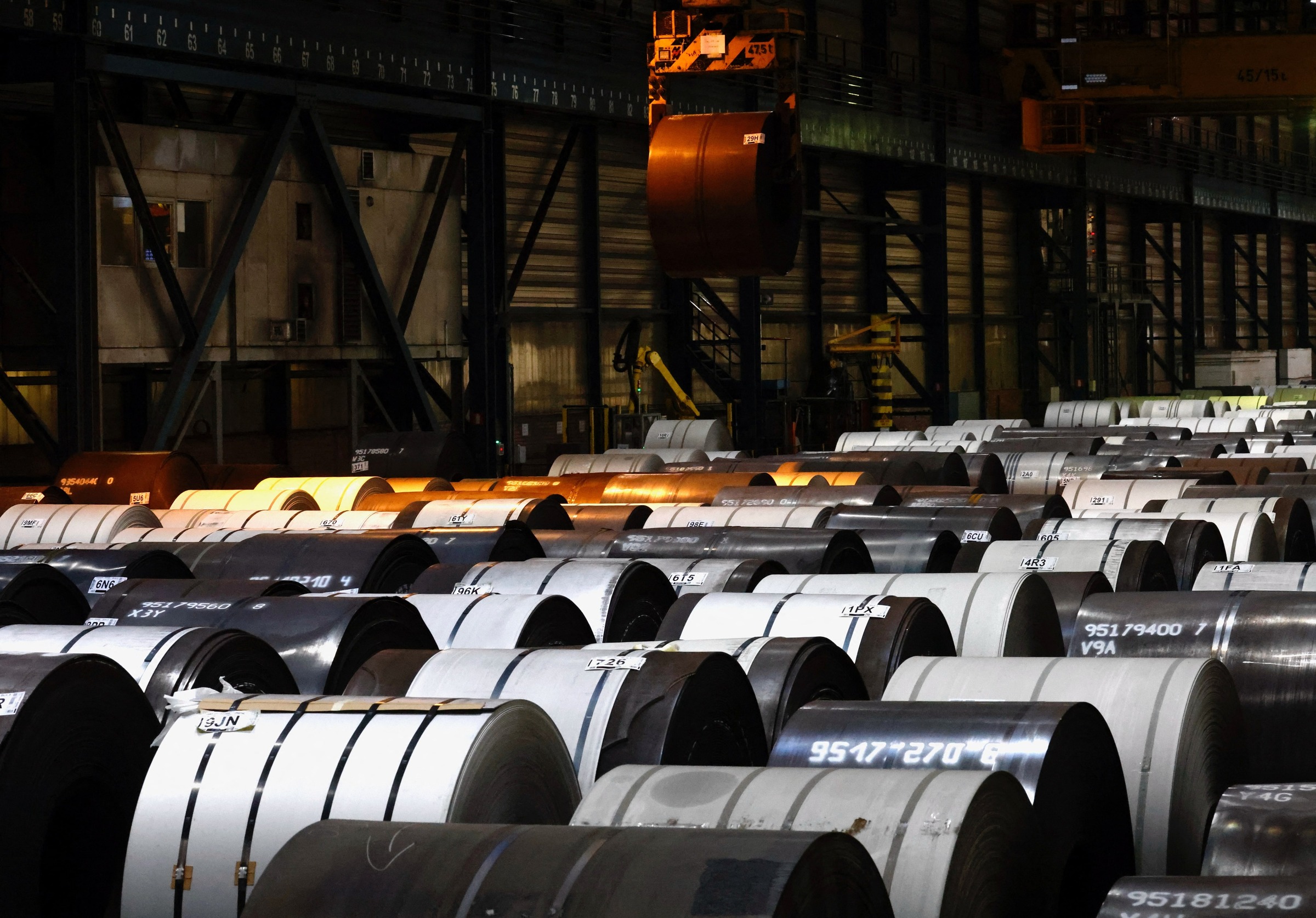 |
Stainless steel coils at Aperam's plant in Genk, Belgium. Photo: Reuters
The EU currently protects its steel sector by imposing import limits on 26 types of steel and a 25% tariff on quantities exceeding these quotas. However, imports have steadily increased each year despite declining demand. Under World Trade Organization (WTO) regulations, these existing measures are set to expire in mid-2026.
Due to rising imports and new US tariffs, EU steel companies are currently operating at just 67% of their capacity. The new policy aims to increase this utilization rate to 80%.
Axel Eggert, Director General of the European Steel Association (Eurofer), stated that the new policy would reduce the market share of imported steel to 15%. He emphasized this as a crucial step that could protect hundreds of thousands of jobs within the industry.
However, the EU will need to negotiate with its WTO partners, which could lead to bilateral duty-free quotas. Key steel exporting economies to the region last year included: Turkey, India, South Korea, Vietnam, China, Taiwan, and Ukraine.
The UK, the eighth largest steel exporter to the EU, has requested clarification from Brussels regarding this policy. Industry Minister Chris McDonald highlighted the importance of protecting trade flows between the UK and the EU. He added, "We cooperate with our close allies to collectively address global challenges, rather than creating further difficulties for the industry".
Gareth Stace, Director General of UK Steel, affirmed on Times Radio that this policy would devastate the country's steel industry.
By Ha Thu (according to Reuters)




